When there is a war in the country, it is impossible not to talk about it. In any field: journalism, cinematography, or literature
It is important to show Ukraine and the world the pain and horror of this war, as well as tell the stories of our Heroes-Defenders. We owe our “today” to each of them! Recently, the documentary film directed by Mstislav Chernov, 20 Days In Mariupol, won the first Oscar in the history of Ukraine as the best full-length documentary film. Today, such films are one of the most important tools to tell and show, to convince, to keep in memory, and never to forget.
One of them, The Face Of War is a special documentary project that tells seven unique stories of our defenders. The movie conveys the emotional state of Ukrainian soldiers, their pain, fear, struggle, and incredible faith in God. The film was created with the support of the Law and Justice non-governmental organization and the independent media TribunaL. The journalist, deputy editor-in-chief of the independent media TribunaL, member of the National Union of Journalists of Ukraine (NUJU), author and director of The Face Of War project, talked about the role of military documentaries in wartime, the work on the special project The Face Of War, the difficulties and features of making a film in an interview for NUJU Diana Mosora.
– Diana, you have been in journalism for several years. Why was a war documentary chosen as one of the niches of the work? We know that writing, let alone filming, about war is not easy at all.
– Before the war, I worked as a journalist at one of the Lviv television and radio companies, creating stories and entertainment programs. However, on February 24, everything changed. I no longer worked in the same mode as it was in peacetime. No one was ready for a full-scale war, so journalistic experience in new realities had to be acquired from scratch. I learned to communicate with military and civilian survivors of tragedy, with wounded, with traumatized children; I learned to filter information, thoroughly check sources, and carefully publish materials so that it does not harm us and our defenders.
Today, my main goal as a journalist is to record russian crimes, to write this terrible page in the history of Ukraine, which we are all shaping now, and to show cruel realities as they are! That is why I am currently completely immersed in war documentaries; together with the team, we shoot documentaries about the war. I write scripts and record interviews.
– In 2023, the world saw your first large-scale special project, The Face Of War. How did the idea of creating the film come about?
– Ideas about creating my own project lived in my head quite a long time back in peacetime. However, these were completely different ideas for projects, and I certainly did not suspect that the first such large-scale special project would be a documentary film about the war, about my people, which was attacked by russia. Back then, I could not even think that I would film and show shattered homes and highlight the stories of people whose destinies were broken by the enemy. It broke people’s fate but failed to break the Ukrainian fighting spirit!
After the full-scale invasion, it was hard for me to sit back. I felt that I wanted to do something more. Thanks to my profession, I had the opportunity to get to know various volunteers with whom we helped others, military personnel, and doctors. I wrote down their stories and the stories of their friends and colleagues in notes on my phone. I re-read all this in the evening; it pierced me from the inside. Then, I understood that the stories about these heroes, their extraordinary feats, humanity, and, unfortunately, the atrocities committed by the enemy should not live only on my phone; others should know about it!
Before Easter 2023, I came to the newsroom and offered to shoot small stories about people who went through real hell. It is their stories and exploits that will forever remain a source of inspiration for all of us and will be symbols of courage and patriotism for future generations to follow! The heroes of the film shared their secrets and opened their souls to us.
– How long did you work on the film?
– Everything happened spontaneously and quickly. We didn’t have a big team, but we had a goal to which we stubbornly went! At first, there were only two people – me and the editor-in-chief of the independent media TribunaL, Ivan Rybak. Immediately after Easter, literally a day later, we agreed on a location for the recording – the Lviv Museum of Andrii Sheptytskyi. At that time, the exhibition of the artist Kateryna Kosiyanenko called VICTORY was presented there. The pictures depicted soldiers in the guise of saints; it was a good idea to supplement the personal image of the heroes. We selected a picture for each hero. They quickly found an operator and started recording.
In total, 2.5 months were spent on filming the interview in the museum and three months working with the plots (decoding, editing, etc.)
On August 17, Lviv saw the special documentary project The Face Of War for the first time.
– The film intertwines the stories of seven defenders. How did you look for the heroes of the film?
– In fact, it was not the first time that life brought me together with some heroes. For example, Roman Dzivinskyi participated in the Revolution of Dignity as a young man and was the first seriously wounded on the Maidan. I learned about him for the first time when I was a student at the Faculty of Journalism, doing an internship at one of the TV channels. Roman was invited there for an interview. Then, I had the opportunity to try myself in the role of a journalist and ask him a few questions, but I definitely did not suspect that he was already, at that time, a friend and brother of my future husband.
A lot of time has passed since that meeting, and in our film, we revealed Roman through new stories of his life. He told us about Tetiana Vasylchenko, who became the next heroine of the film. Editor-in-chief Ivan Rybak knew the story of Mikhailo Tchaikovskyi. Mykhailo came to the shooting of our project with his brother, with whom he was in captivity. The search for our heroes is like a spider’s web: you meet one person, and through friends and relatives, you learn about someone else.
– Why The Face Of War? How was the name chosen?
– The film The Face Of War is not an action movie; it is the real life of Ukrainians. These are real stories of Heroes-Military Servicemen, medics, and volunteers. Behind each of these faces is a story of battles and weapons, daily life on the front lines, survival in enemy captivity, pain, suffering, loss, death, injury, rehabilitation, and life-saving faith in God. Each of the heroes is the face of stability, indomitability, devotion, and self-sacrifice.
Their exploits are examples of courage and a manifestation of deep love for their own country, which will forever remain in the history of Ukraine.
– During the creation of any project, there are unforeseen situations when something does not go according to plan. Did you have such situations?
– Of course, we did! Everything happened spontaneously; after each story, the scenario changed significantly. Sometimes interesting personalities joined the film. They simply came to support, listen, or thank our defenders, but their stories were also often impressive. Ideas were born in the moment, and some were definitely unexpected.
– What was the most difficult thing during the creation of a special project?
– There were difficulties, but we overcame them. It happened that the equipment failed at the most crucial moments. It was also a bit difficult with the timing. You communicate with the hero of the story for 2-3 hours, and you want to fully reveal his story, but there is a certain time frame that you need to stick to. Choosing the most important is quite a tedious job. But we kept all the drafts, and, in the future, we plan to publish full stories about the heroes on our TribunaL website so that every viewer can better familiarize themselves with the history of the Heroes.
– The film is also known outside of Ukraine. Your public organization, Law and Justice, actively presents a special project in the cities of Poland. Do you plan to organize shows in other cities in Europe and the world in general?
– In Poland, we presented the project in Lublin, Krakow, and Katowice. Also, we actively cooperate with foreign volunteers, in particular British, so English public organizations also know about The Face Of War. There are requests for the presentation of the film for our Ukrainians in Canada and France.
– It is important to tell Ukraine and the whole world about the war, the situation at the front, our defendersб, and their stories. Why, in your opinion, are war documentaries a very important tool for this?
– Because the world must know this cruel and terrible truth without any embellishments! We must show the enemy from within. We have to show what atrocities it is capable of. It is a documentary that captures these atrocities, tragedies, and emotional pain. This is the reality of today. We must pass on this terrible page of history to the next generations so that our children never make mistakes, destroy, and kill everything russian in themselves! We need to know at what price this country is chosen for us!
– Do you plan to create other projects in the field of military documentaries in the future?
– Of course, I will reveal a secret – now we are actively working with the team on creating a script for the next film, and we already have characters and locations. We are determined to work fruitfully and are ready to take on new challenges and reach new heights!
– What advice could you give to journalists who are just starting to work in this niche and are preparing to create their own military projects?
– Our youth are very talented and capable. I know for sure that Ukraine will flourish in a way that it has never flourished before! As for the advice I could give:
- Be aware of yourself and what is happening! Documenting the stories of this war is very important for ourselves and future generations.
- Kill indifference! Every material, plot, and film that you are preparing – you should feel it, too.
- Get rid of all fears and stubbornly go to your goal, no matter the difficulties. Because when the desire is strengthened by fruitful work – then there is a result!
Diana Mosora‘s film The Face Of War:
https://youtu.be/_yPvDAsydP0?si=2wXkkHS8HfEXEqXN
The film was created with the support of the Law and Justice NGO https://www.facebook.com/share/uztipRXEz18wKC4j/ and the independent media TribunaL http://tribune.in.ua/
Call the Western Ukrainian Lviv-Chernivtsi JSC at 097 907 9702 (Nataliya Voitovych, the Lviv JSC coordinator, Volodymyr Bober – assistant). The Center’s address is 5 Solomiyi Krushelnytskoyi Street.
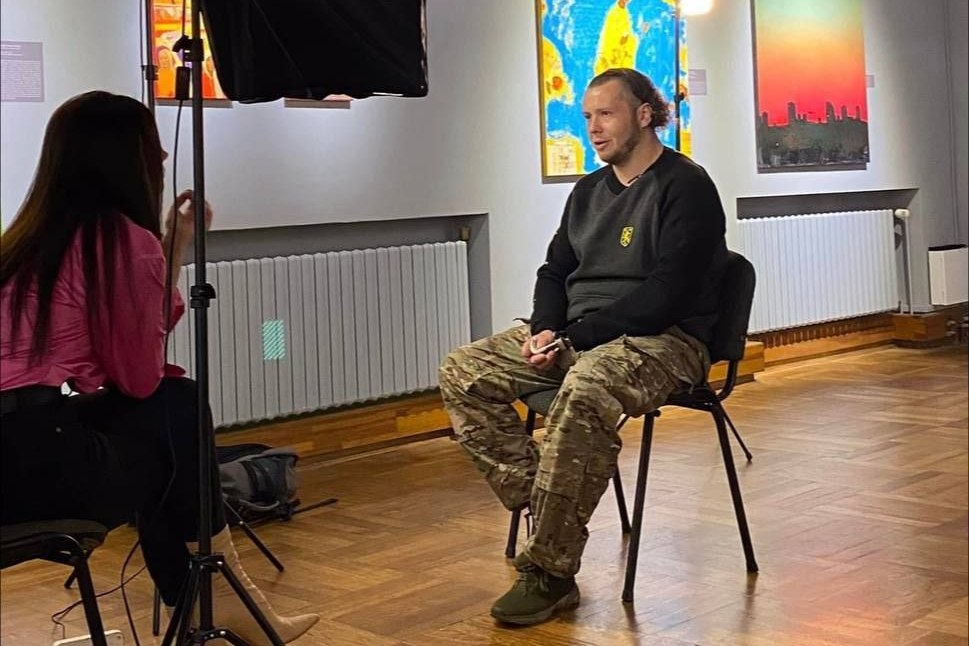
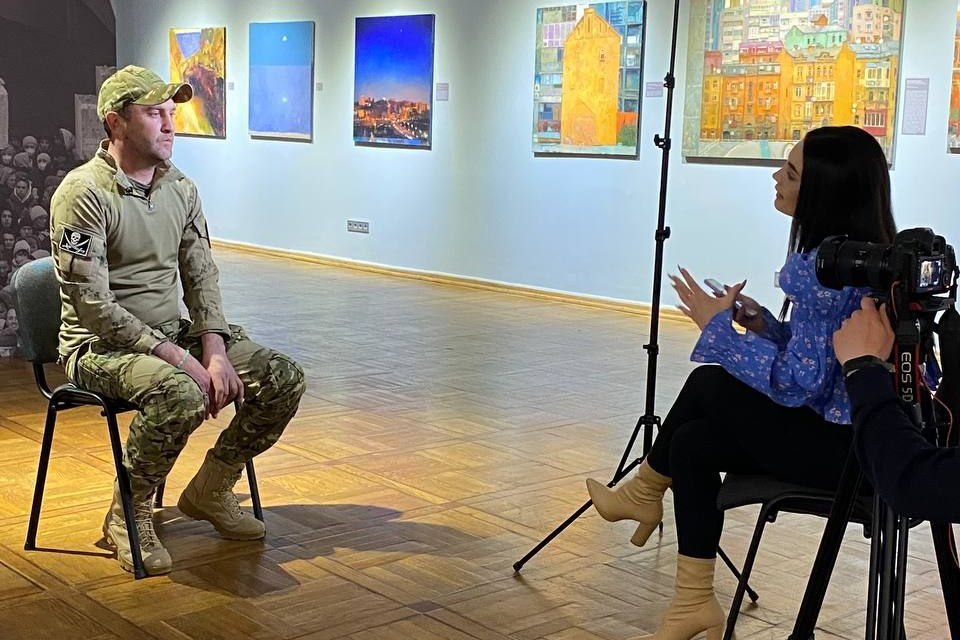
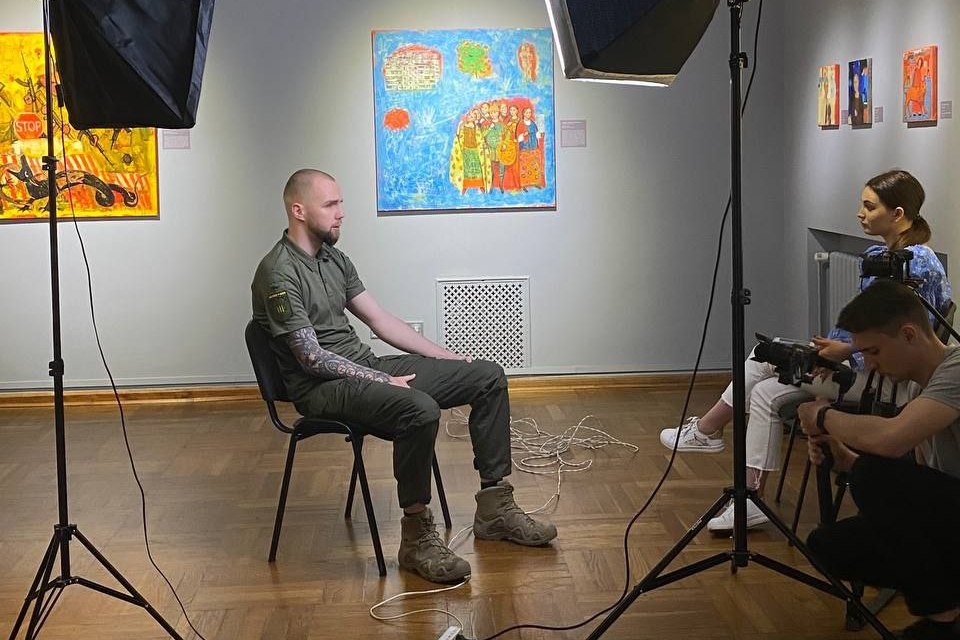
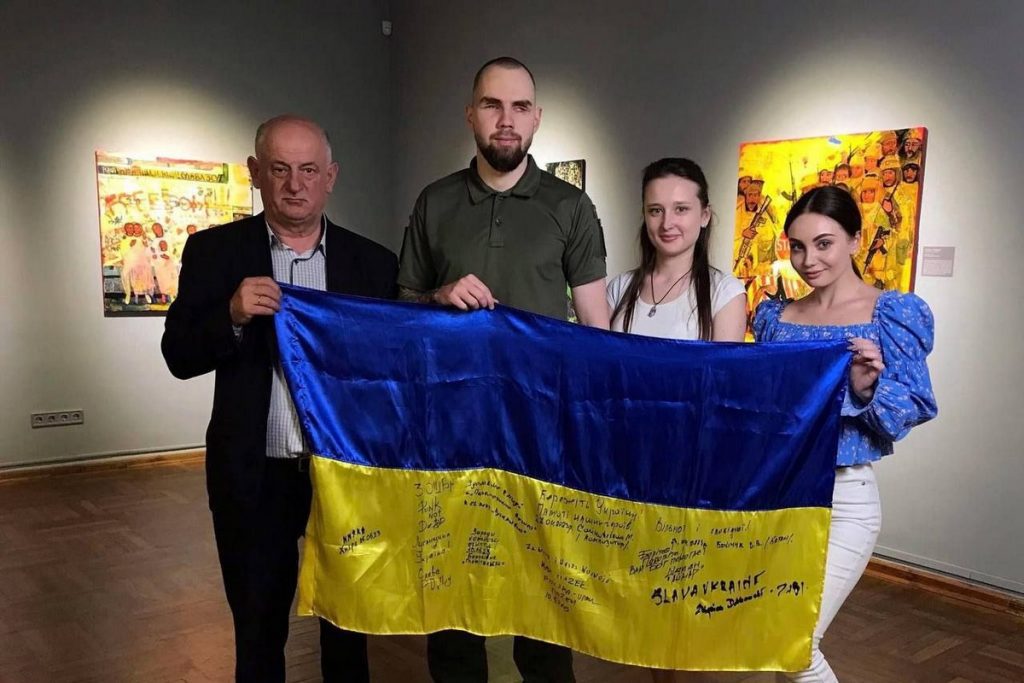
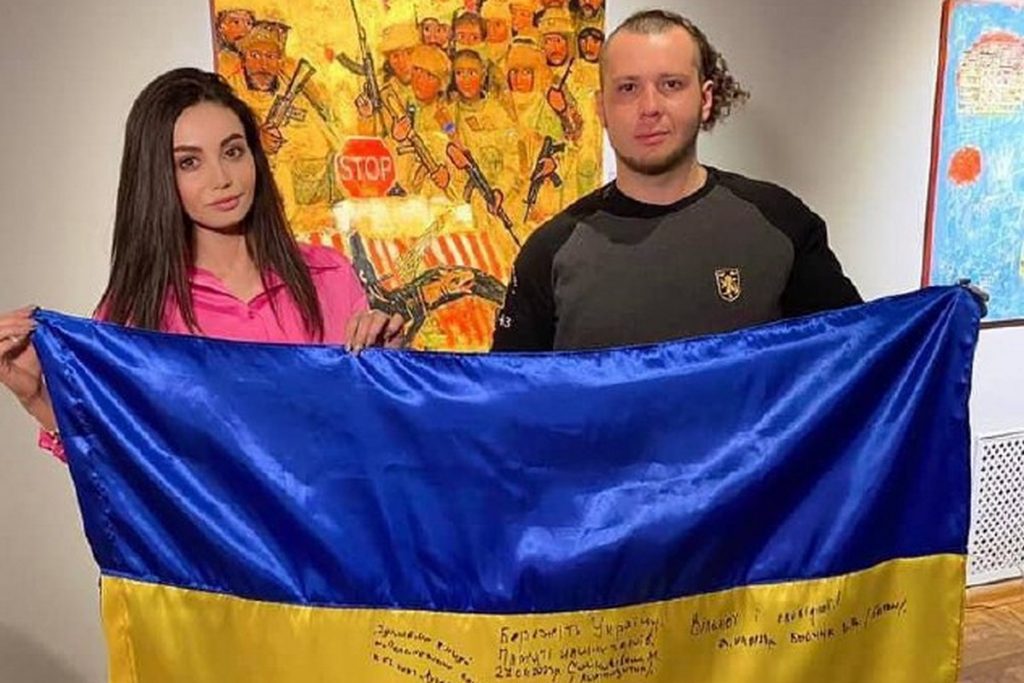
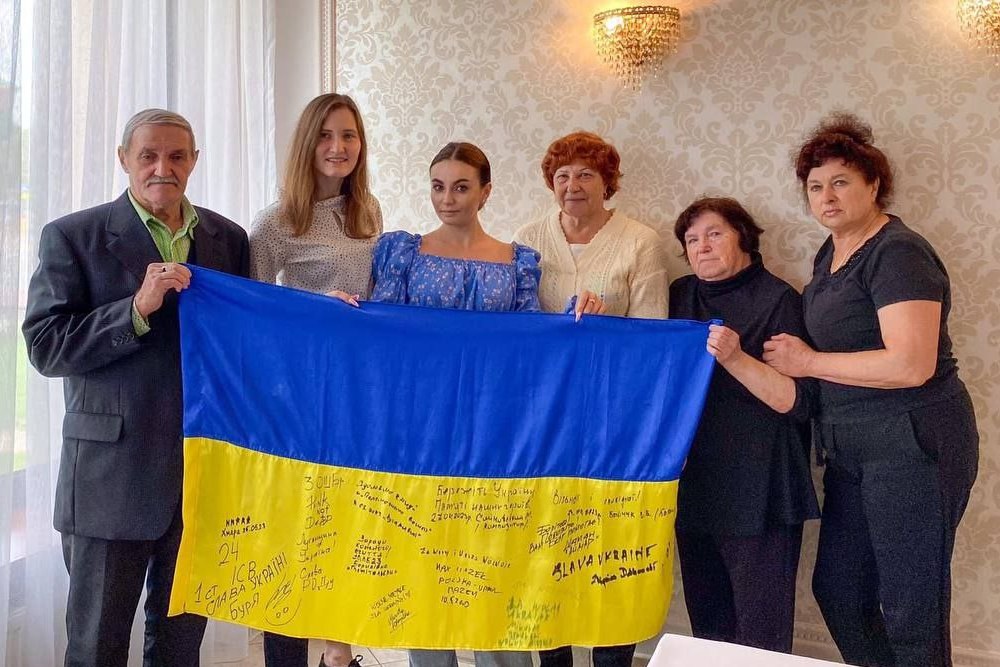
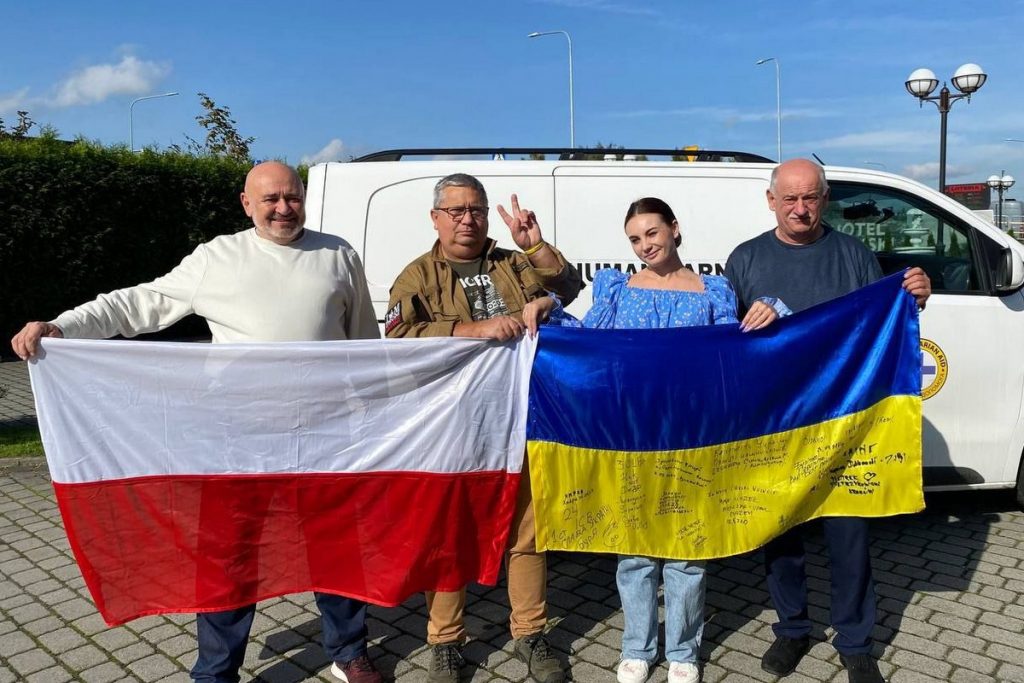
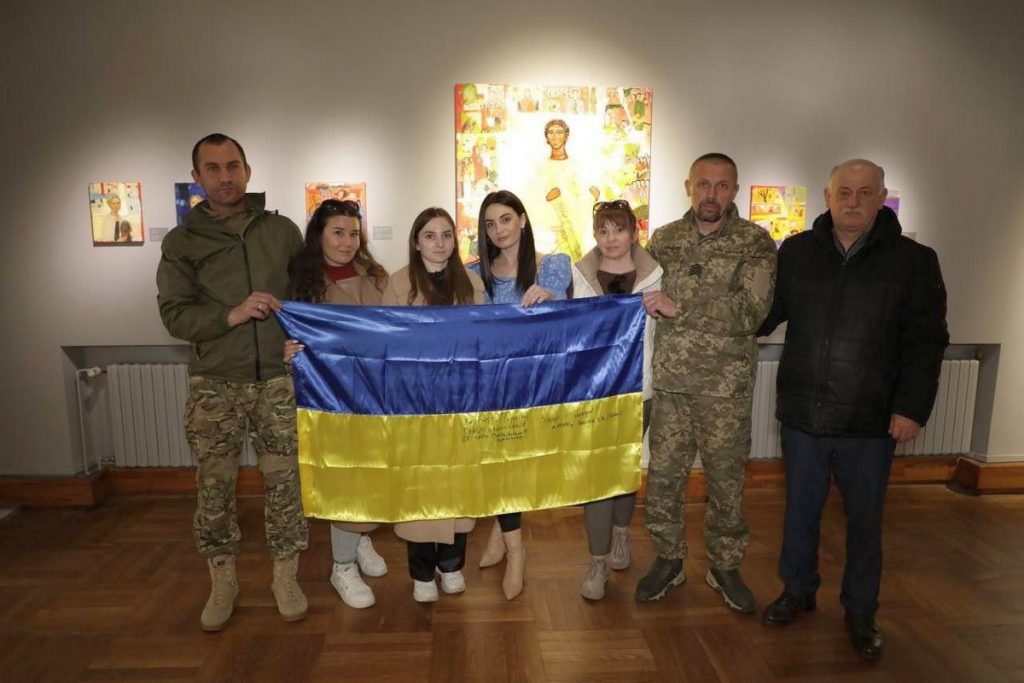
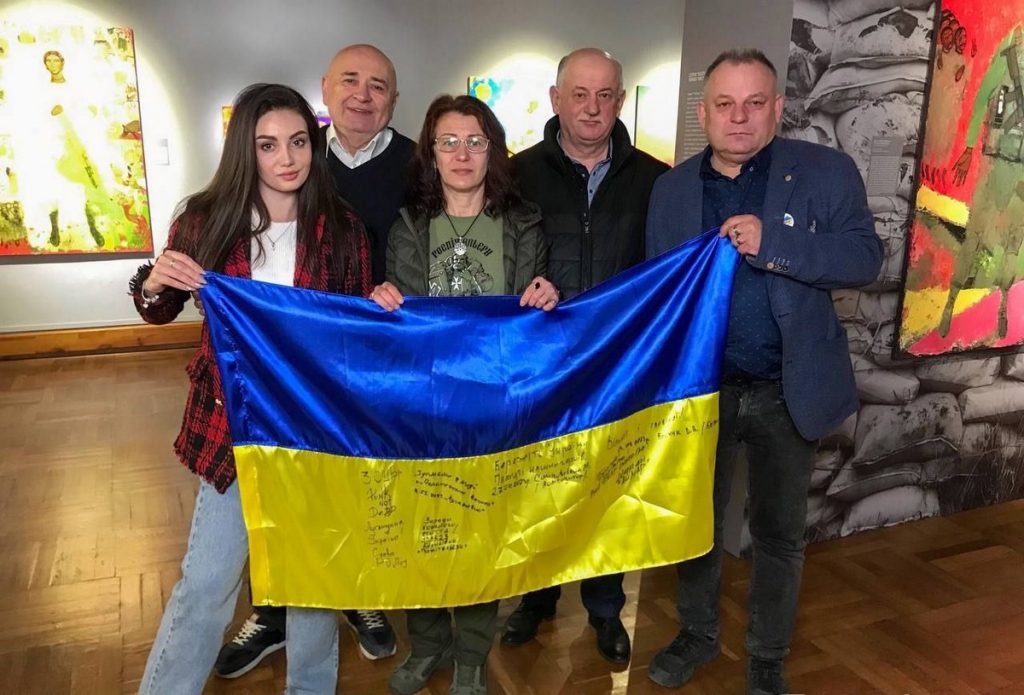
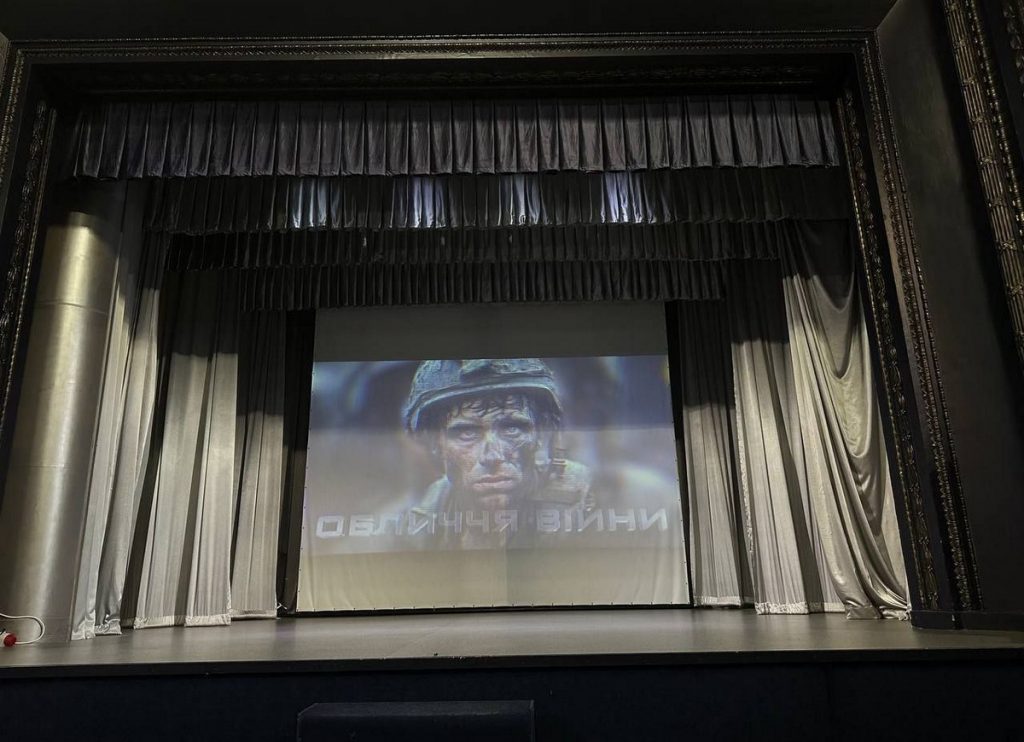
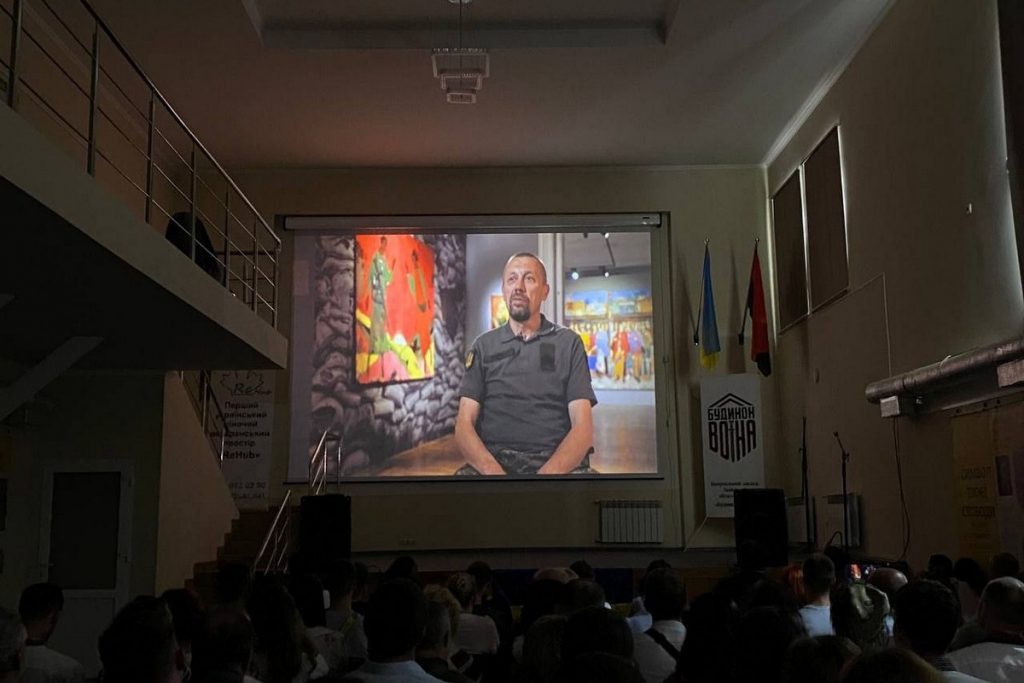
ABOUT JSC
The Journalists’ Solidarity Centers is an initiative of the NUJU implemented with the support of the International and European Federations of Journalists and UNESCO. The initiative is designated to help media representatives working in Ukraine during the war. The Centers operate in Kyiv, Lviv, Ivano-Frankivsk, Chernivtsi, Zaporizhzhia, and Dnipro and provide journalists with organizational, technical, legal, psychological, and other types of assistance.
ABOUT UNESCO
UNESCO is the United Nations Educational, Scientific, and Cultural Organization. It contributes to peace and security by promoting international cooperation in education, sciences, culture, communication, and information. UNESCO promotes knowledge sharing and the free flow of ideas to accelerate mutual understanding. It is the coordinator of the UN Action Plan on the Safety of Journalists and the Issue of Impunity, which aims to create a free and safe environment for journalists and media workers, thus strengthening peace, democracy, and sustainable development worldwide. UNESCO is working closely with its partner organizations in Ukraine to provide support to journalists on the ground.
The designations employed and the presentation of material throughout this digest do not imply the expression of any opinion whatsoever on the part of UNESCO concerning the legal status of any country, territory, city, or area or its authorities or concerning the delimitation of its frontiers or boundaries.
The authors are responsible for the choice and the presentation of the facts contained in this digest and for the opinions expressed therein, which are not necessarily those of UNESCO and do not commit to the organization.
Alina Shtempel

 THE NATIONAL UNION OF
JOURNALISTS OF UKRAINE
THE NATIONAL UNION OF
JOURNALISTS OF UKRAINE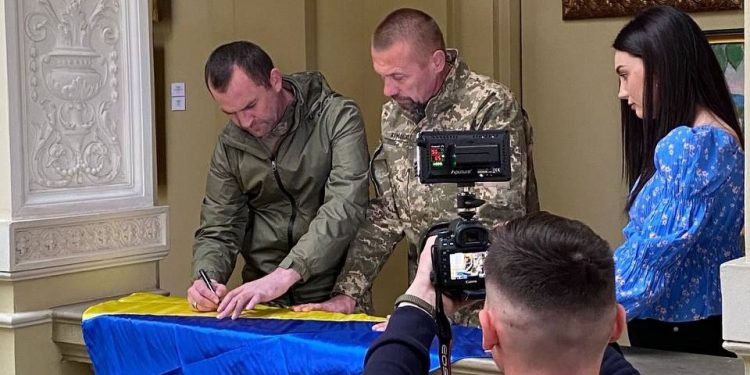
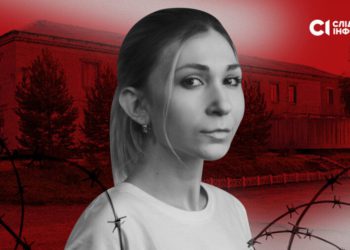















Discussion about this post